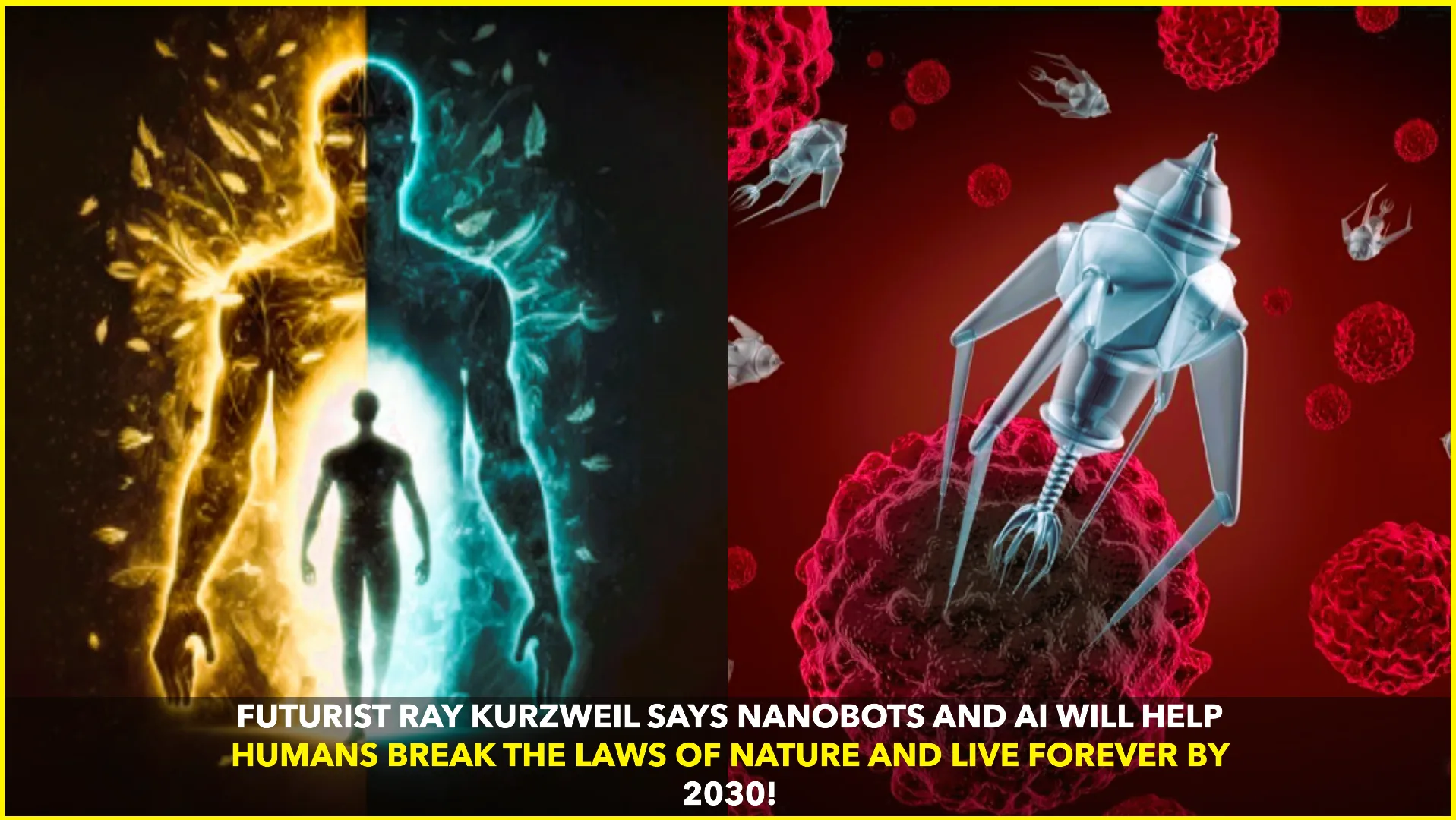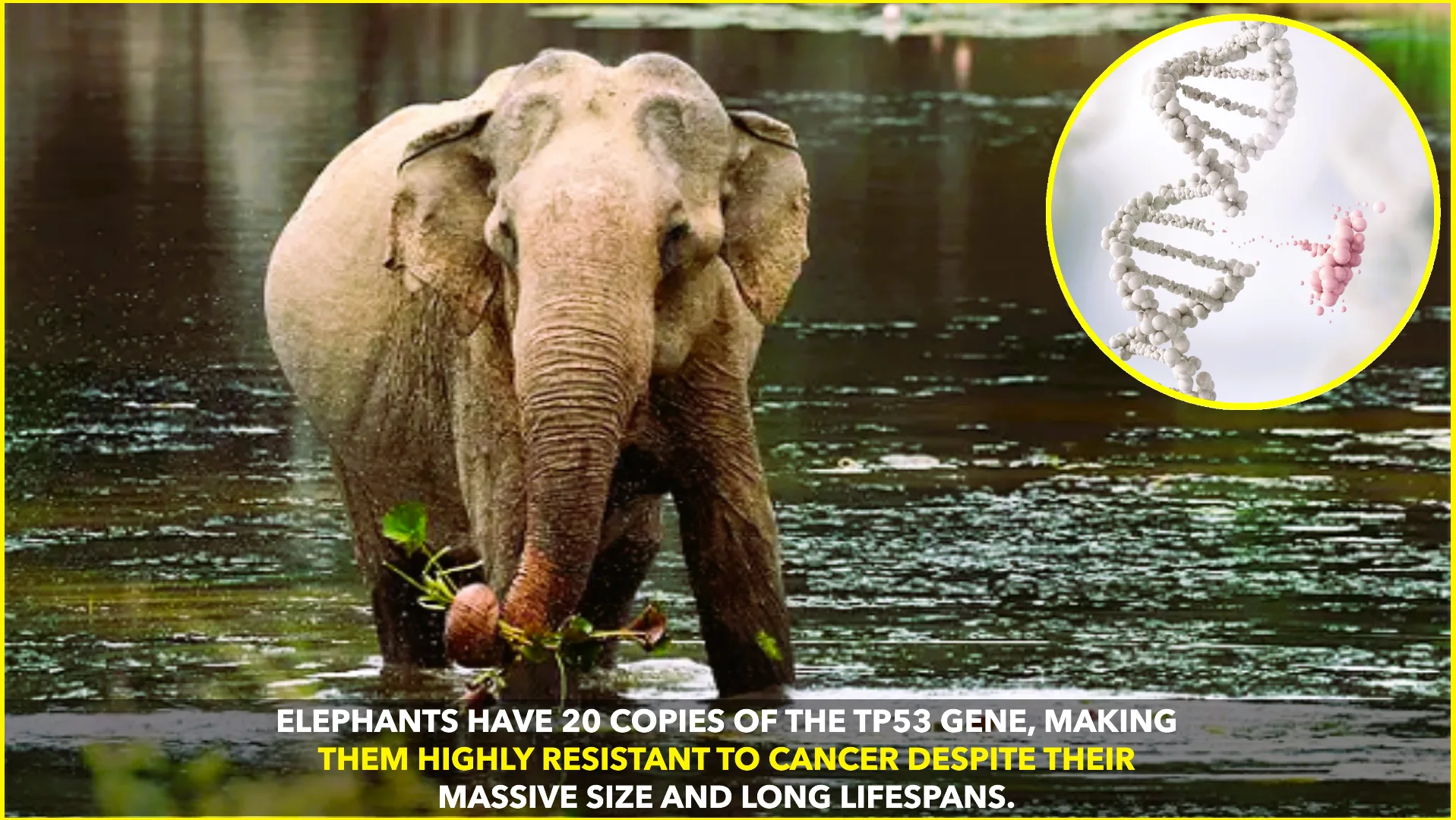Imagine a future where death is no longer inevitable, where the aging process can be reversed, and where microscopic robots inside your body constantly repair damaged cells. This is not the plot of a science fiction movie—it’s a forecast made by futurist and computer scientist Ray Kurzweil, who claims that by 2030, humans may reach biological immortality.
Kurzweil, a well-known technologist and author, has long been known for his bold predictions. He correctly forecast the rise of the internet, the widespread use of smartphones, and advances in artificial intelligence. Now, he believes that human immortality is not only possible but within our reach in the next five years.
The Science Behind the Claim
Kurzweil’s claim isn’t just philosophical—it is grounded in rapid advancements in nanotechnology, genetics, artificial intelligence, and robotics. At the heart of this vision are nanobots—microscopic machines that could be deployed within the human body to carry out highly complex medical tasks.
These nanobots, according to Kurzweil, would patrol the circulatory system, monitor bodily functions, destroy pathogens, repair damaged cells, and even reverse aging by regenerating tissue and organs. Unlike current treatments that address symptoms, these futuristic machines would target the root causes of aging and disease.
“By 2030, we’ll have the technology to send nanobots into our bloodstream that can fix DNA, eliminate toxins, and halt cellular decay,” Kurzweil stated in an interview with the New York Post in March 2023. He added, “We are only a few technological breakthroughs away from radically extending human life.”
Genetics and AI: Supporting Pillars of Immortality
Advances in genetic engineering, particularly with tools like CRISPR, have already made it possible to edit genes and potentially eliminate inherited diseases. Scientists are exploring how genes responsible for aging could be modified or turned off completely.
Alongside this, artificial intelligence plays a crucial role in analyzing vast amounts of biological data and predicting how cells behave under different treatments. AI-driven simulations could speed up drug development and even personalize treatments based on an individual’s genetic profile.
Robotics also contributes significantly, not just in surgery but in precision medical intervention that would have been unimaginable a decade ago. With the convergence of these fields, Kurzweil’s vision seems less like a fantasy and more like an upcoming reality.
Ethical Dilemmas and Philosophical Questions
Despite the excitement, the idea of immortality raises ethical, philosophical, and societal concerns. If aging and death can be postponed indefinitely, how will society manage population growth, resource distribution, and economic inequality? Will only the wealthy have access to life-extending technologies?
Religious and philosophical groups also question whether tampering with natural aging processes crosses a moral line. After all, death has always been a fundamental part of the human experience.
Scientific Skepticism
Not all scientists agree with Kurzweil’s timeline. Many argue that while longevity research is making strides, the human body is incredibly complex, and aging involves countless interconnected biological processes. Some researchers believe that radical life extension may be possible eventually—but not as soon as 2030.
Still, Kurzweil remains optimistic, citing Moore’s Law—the principle that computing power doubles approximately every two years—as a foundation for his predictions. If technological progress continues at an exponential pace, he believes, biological immortality will be a natural outcome.
The Road Ahead
Whether or not Kurzweil’s prediction holds true by 2030, the world is certainly witnessing an unprecedented acceleration in biotech innovation. From lab-grown organs to AI-assisted diagnostics, science is continually challenging our understanding of life and death.
If immortality does become a reality, it won’t just be a medical achievement—it will redefine what it means to be human.
Sources:
- New York Post: “Futurist Ray Kurzweil says humans will be immortal by 2030”
- Singularity Hub: “Kurzweil’s Predictions About the Future of Humanity”
- Science.org: “Nanobots and the Future of Medicine”











Usually I do not read article on blogs however I would like to say that this writeup very compelled me to take a look at and do it Your writing style has been amazed me Thank you very nice article
There is definately a lot to find out about this subject. I like all the points you made